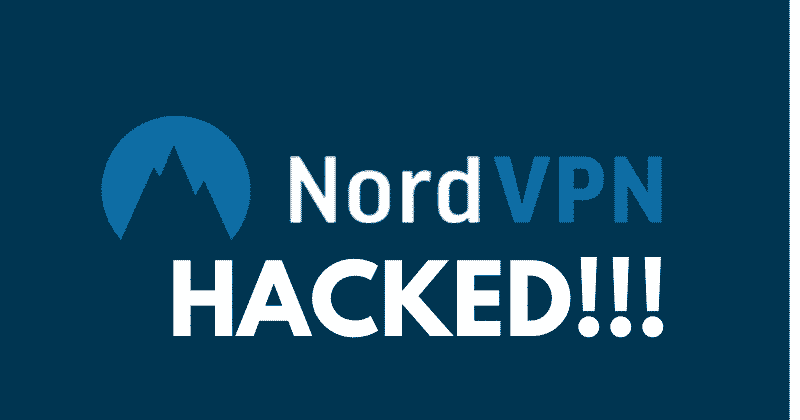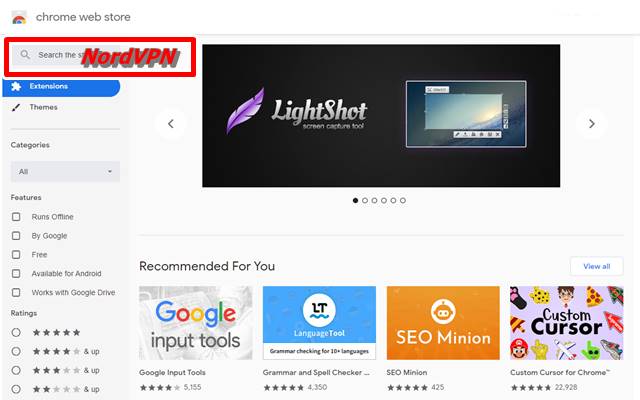
That’s why we’ve introduced Meshnet as a free feature. However, not everyone is ready to invest in a premium service like NordVPN. On this, NordVPN mentions: We believe that everyone should be able to access the security and convenience of a VPN. This feature has been available in NordVPN for a while, but now the paywall has been removed and everyone can access it. It is essentially like creating your own private VPN server. It can create secure tunnels between the devices on the network, facilitating remote work, gaming, file sharing, and more. Well, Meshnet is a type of virtual network that allows for multiple devices to be connected directly, even if they are located in different parts of the world. So, what is this 'Meshnet' I keep talking about? Why now?: The open sourcing of these products was made to coincide with the free release of their ' Meshnet' feature and also as a sign of them committing to 'transparency and accountability'. If you are curious, the ' Libdrop' library makes file-sharing possible on their 'Meshnet' feature, which has also been made open-source. Seeing that, it is the backbone of all their NordVPN applications. That's why even the ' Libtelio' library has been made open-source.


The Linux NordVPN application has been open-sourced with hopes that the vast Linux community can help improve its functionality or maybe even create their own version after experimentation. What is happening?: They have open-sourced the code for their NordVPN application on Linux, a networking library called 'Libtelio', and a file-sharing library called 'Libdrop'. With a recent announcement, they open-sourced three of their products alongside the launch of their free ' Meshnet' feature.

It is a popular cross-platform VPN service known for its features and competitive pricing. NordVPN probably needs no introduction 🔒


 0 kommentar(er)
0 kommentar(er)
